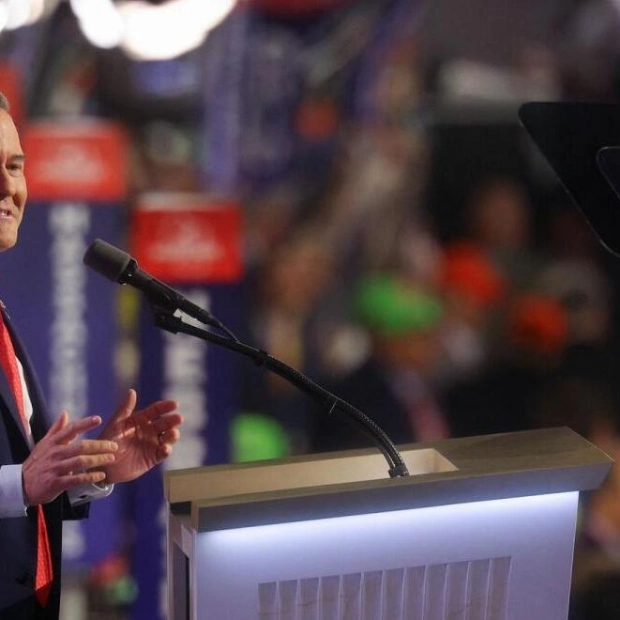Elliott Investment Management has initiated a conflict in the boardroom of Southwest Airlines, aiming to replace 10 out of 15 directors, according to a statement released on Tuesday. The hedge fund is advocating for the removal of the airline's CEO and a boost in performance. This action intensifies the dispute regarding the leadership and strategic direction of the airline. Southwest's share price has dropped by 24% over the past year, as it endeavors to execute a recovery plan that includes introducing seats with extra legroom, transitioning to assigned seating, and appointing a new board member in July.
The nominees proposed by the activist investor Elliott include former airline CEOs, consultants, and officials, such as ex-Virgin America CEO David Cush and Robert Milton, the former CEO of Air Canada. Southwest's board will assess Elliott's suggested nominees as part of its continuous board renewal process, the airline announced on Wednesday. The carrier's shares increased by 1.5% in premarket trading on Wednesday. These candidates would offer shareholders the option between the current board or a new one that "brings relevant expertise, fresh thinking, and accountability," according to Elliott's statement.
Last week, Elliott disclosed in a regulatory filing that it held a 7% beneficial ownership, nearing the 10% threshold required for an investor to request a special meeting. The firm's total interest, including derivatives, is approximately 11%. The hedge fund is pushing for the replacement of both CEO Robert Jordan, who has been in the role since 2022, and Executive Chair Gary Kelly, the former CEO before Jordan. Elliott has shown no inclination for meaningful dialogue, CEO Jordan mentioned in a recent earnings call, noting that the airline is taking steps to transform itself.
Earlier on Wednesday, Starbucks appointed Brian Niccol, head of Chipotle Mexican Grill, as its new CEO following pressure from the hedge fund, which had accumulated a $2 billion stake in the coffee chain. Southwest responded to Elliott's investment by implementing a shareholder rights plan, or poison pill, which would activate after an investor acquires 12.5% or more of the stock, allowing other shareholders to purchase additional stock at a discount to thwart a takeover. "We anticipate that investors are unlikely to vote out the current leadership without considering a forward-looking plan, especially given LUV's recent actions demonstrating a growing willingness to adapt, challenging Elliott's 'stagnant' characterization," Jefferies stated in a note prior to the formal announcement.
The carrier anticipates third-quarter unit revenue to remain flat or decrease by up to 2% year-over-year, while non-fuel operating costs are projected to rise by 11% to 13%. Earnings have been under pressure in recent quarters, partly due to delays in plane deliveries from Boeing, which have affected revenue and exacerbated cost and pricing pressures amid industry-wide overcapacity in the domestic market, dampening airfares.






